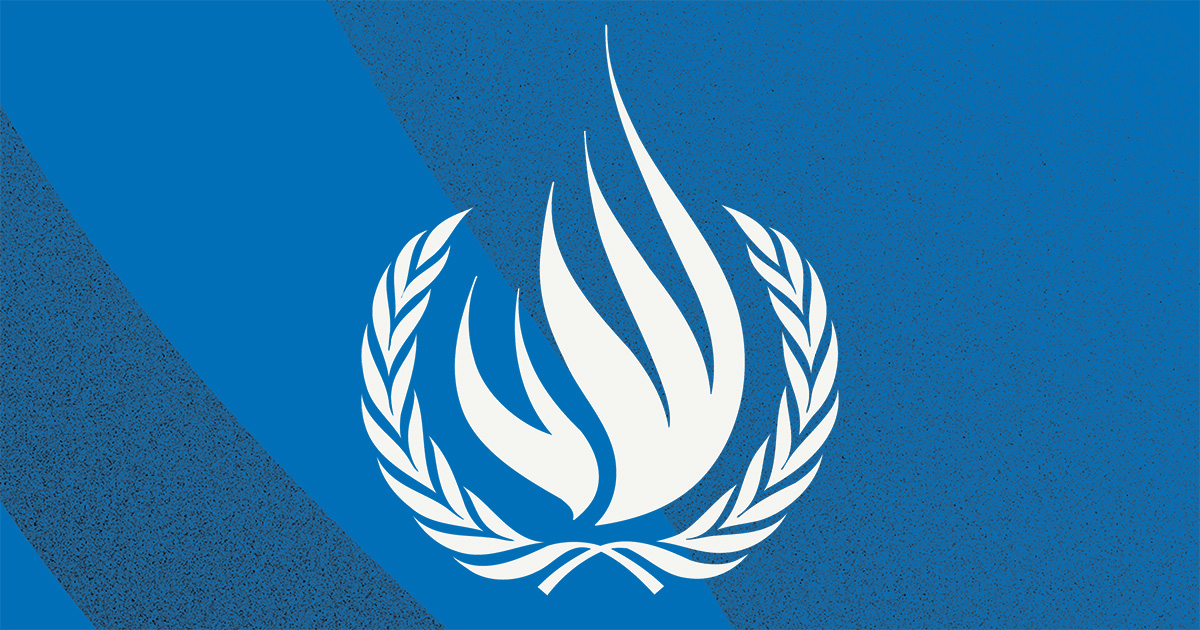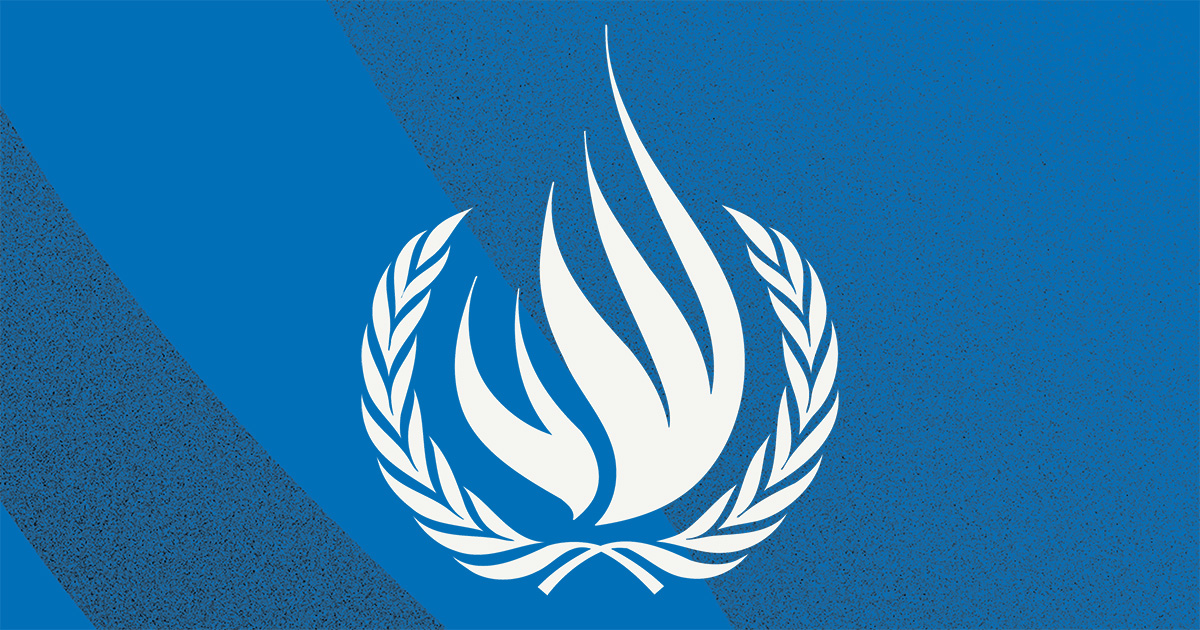
Assistant Secretary-General for Human Rights Ms. Ilze Brands Kehris
AT
High-level panel on “Public accessibility and inclusivity: developing strategic initiatives to raise awareness on the role of Ombudsman and mediator institutions in the promotion and protection of human rights, good governance and the rule of law”
LOCATION
Trusteeship Council Chamber – UNHQ
President of the General Assembly,
[Under-Secretary-General for Policy,]
Excellencies,
Distinguished delegates and participants,
The important role of Ombudsman and mediator institutions, including in the promotion and protection of human rights, good governance and the rule of law, is more crucial today than ever, amidst the proliferation of conflicts, the emergence of new technologies outpacing regulation, the triple planetary and other crises, often overlapping, and the deepening of inequalities within and between states.
Human rights are not only agreed obligations of States as duty bearers and the responsibility of all, but they also offer more sustainable solutions to these challenges, at all levels – globally, regionally, nationally and locally. Human rights offer a path to rebuilding the waning trust among people and between people and institutions. It is reassuring that human rights are to be a cross-cutting element throughout the Pact for the Future.
The High Commissioner for Human Rights recently published his vision statement "Human Rights: A Path for Solutions" – based on the global lessons from the 75th anniversary of the Universal Declaration of Human Rights. One of the eight messages is on good governance, which is dependent on holding accountable those responsible for human rights violations.
Impunity and lack of accountability fuel distrust. Accountability and access to justice are necessary for individual remedies, but beyond that, they also have a broader function in ensuring that grievances which could corrode societies and trigger or worsen conflict do not go unaddressed.
Ombudsman and mediator institutions can have a fundamental contribution to make in rebuilding and enhancing trust and social cohesion. By working to correct injustices caused by maladministration, improving public services by identifying systemic failings, and ensuring that governance becomes more transparent and more accountable. By helping to deliver justice, address power imbalances. When addressing grievances, pursuing accountability for human rights violations and strenghening the human rights frameworks to prevent their re-occurrence, they directly contribute to the protection of universal human rights and fundamental freedoms.
A sometimes overlooked role of National Human Rights Institutions, for example, as national bodies already mandated to look at many of the issues that drive insecurity, internal conflict, and other crises, stems from them being uniquely placed to raise prevention concerns inside countries without challenging the principle of national ownership that underpins the UN’s approach to prevention and sustaining peace. The Secretary-General’s Call to Action for Human Rights, which re-emphasizes that human rights are at the heart of our collective work, recognizes the critical role of NHRIs.
Ombudsman and mediator institutions are also engaged in monitoring legislative processes and present recommendations to Parliament to amend legislation or to adopt new legislation. They provide a bridge between civil society and other public institutions, ensuring access to information and facilitating engagement and participation. While receiving and processing complaints as well as monitoring the administration of justice in cases of violence against women, ombudsman and mediator institutions have contributed to enhancing gender equality and eradicating violence against women. Their work is an essential contribution to access to justice, and by issuing recommendations to national authorities, their work is ensuring that systemic issues such as this are identified and addressed.
Ombudsman and mediator institutions play a critical role in training and raising awareness on good governance and human rights by developing information and education materials aimed at improving understanding among public officials and the public at large.
Excellencies,
Distitinguished participants,
Ombudsman and mediator institutions cannot fulfil these important functions unless they are provided with the necessary constitutional and legislative frameworks and are granted adequate resources to implement their mandates effectively and independently.
Ombudsman and mediator institutions have taken various initiatives to raise awareness on their role in the promotion and protection of human rights, good governance and the rule of law. They have strengthen cooperation with civil society and NGOs to improve their accessibility to sections of the populations that are geographically remote or politically or socially marginalized. It is encouraging to see promising practices in that regard already in place in some countries.
In addition, ensuring that members and staff of public institutions, including the Ombudsman and Mediator Institutions, are representative of a society’s social, ethnic, religious, and geographic diversity is necessary for inclusive participation and also enhances the public’s confidence in them. The meaningful participation of women within these insitutions is a sine qua non to ensure an understanding of the lived reality and needs of a significant proportion of the population that may otherwise have limited access to these institutions.
Accessibility for people with disabilities needs to be ensured, and inclusive and accessible communication is paramount, including multiple languages, especially in the case of multilingual societies.
And, perhaps most critically, ombudsman and mediator institutions must be independent and be perceived to be such.
To be accessible and inclusive, people need to know what these institutions functions are and that they can turn to ombudsman and mediator institutions without discrimination or fear of reprisals. This requires effective outreach and communication efforts.
I look forward to the exchange today on innovative and strategic initiatives that can increase and broaden the necessary public awareness of these institutions and thus enhance their effectiveness.
To conclude, I would like to stress that the work that ombudsman and mediator institutions carry out is invaluable to the human rights bodies of the United Nations, including the treaty bodies, the Human Rights Council’s Special Procedures and Universal Periodic Review, and my own Office. We remain committed to supporting the mandates and independence of these institutions in line with the Paris and Venice principles.
Thank you.






